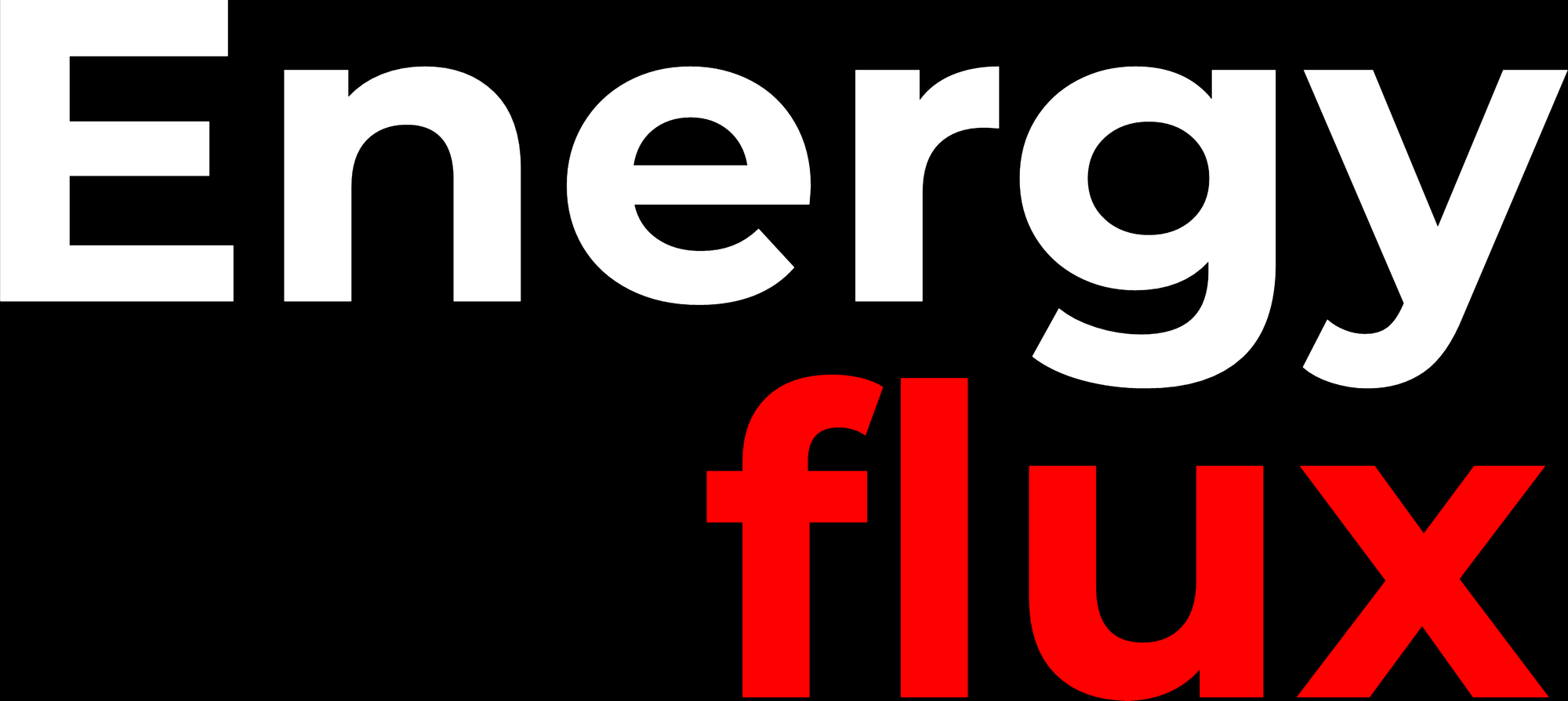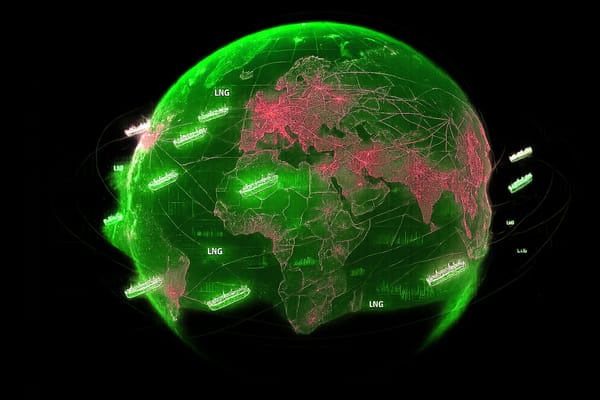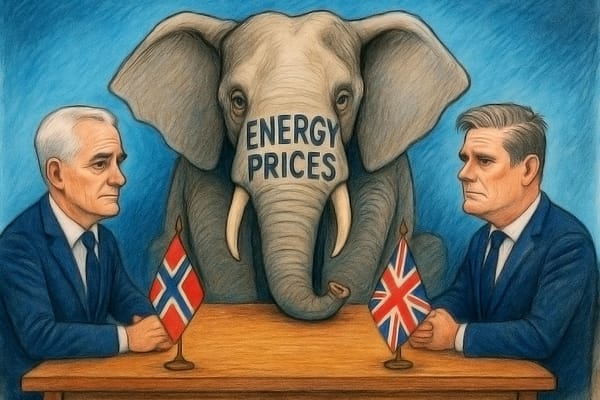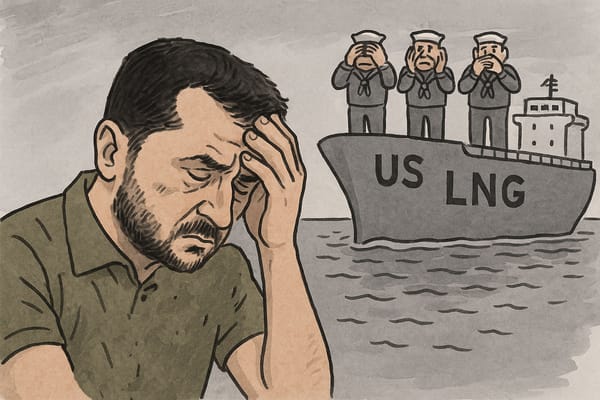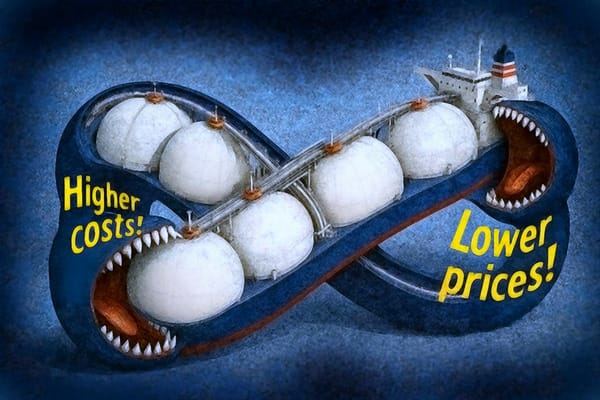The Merz mandate
DEEP DIVE: Germany’s unpopular new Chancellor must navigate a geopolitical maelstrom to tame energy prices & revive economic growth
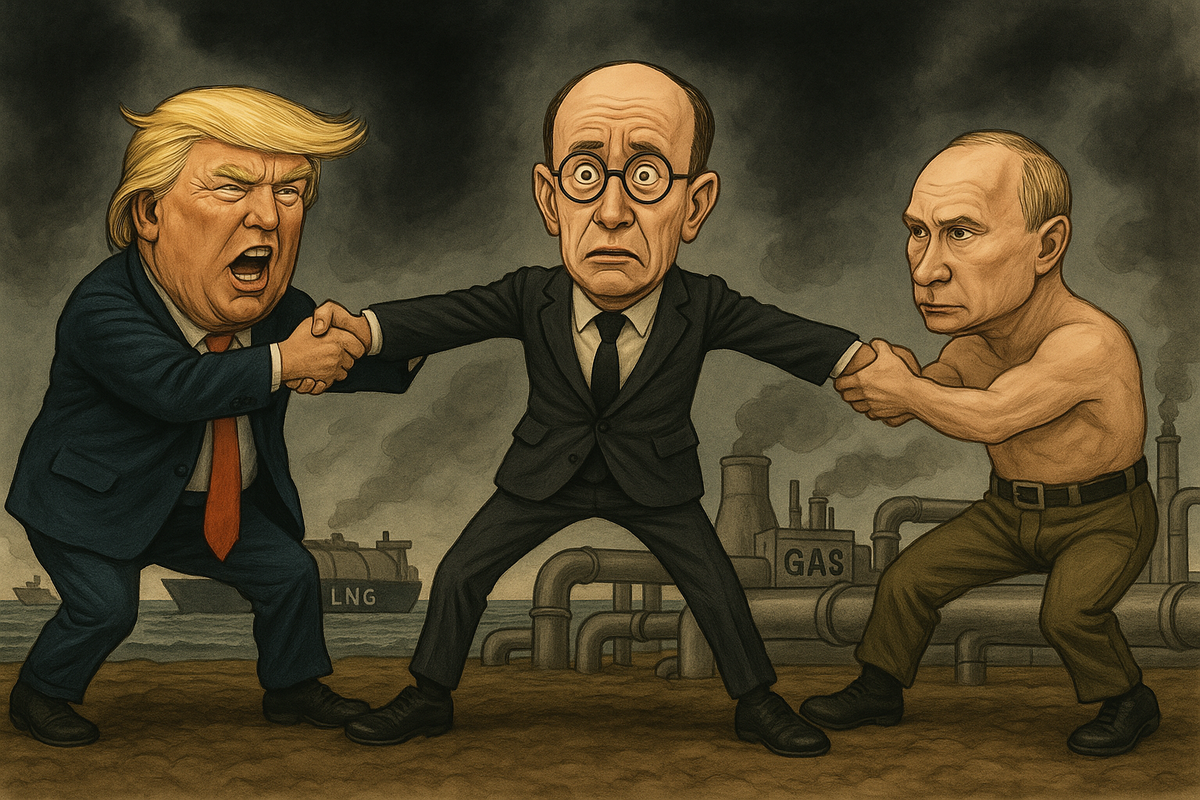
Russia is on the offensive, Europe is rearming, and the US — once the Old Continent’s security guarantor — has gone AWOL. Germany, caught in the middle, must recalibrate its energy allegiances under a fragile new coalition led by a historically unpopular new Chancellor.
The task facing Germany’s new Chancellor Friedrich Merz became much tougher following a bombshell in the Bundestag. Merz failed to win support from his own coalition members in the first round of a typically banal voting procedure, only to gain a majority after an embarrassing second round.
The incoming chancellor now leads an inherently unstable Grand Coalition that must somehow revitalise Europe’s fastest-shrinking economy. The German gas giant is waning at an alarming rate: the world’s third-largest economy is predicted to have a third year of no growth, a situation attributable primarily to high energy costs and exacerbated by US tariffs.

Merz, a centrist technocrat who places his faith in market economics, ran on a pro-growth platform. But the only thing growing in post-nuclear Germany right now are energy costs. Taming Germany’s skyrocketing gas and power prices will be top of his economic agenda.
Merz must also contend with an American trade war, controversies swirling around new LNG terminals, and a burgeoning populist backlash from Germany’s pro-Kremlin far right.
- How can Merz deliver on his commitment to bring down the cost of energy to give the beleaguered German economy a shot in the arm?
- With Germany structurally dependent on natural gas imports, how will Merz balance energy security, affordability, and industrial competitiveness concerns?
- Will fraught geopolitical relations shape Germany’s energy choices — or vice-versa?
This exclusive Deep Dive by regular contributor explores the impossible energy/trade/foreign policy trade-offs facing Merz, as well as the political opportunities that he could leverage as global gas market conditions shift.
Zach spoke to the A-list of German energy and political analysts to bring you the full picture from Berlin, at this critical moment in European energy geopolitics.
Subscribe now for full access, and support fiercely independent energy journalism.
— Seb
ARTICLE STATS: 3,500 words, 17-min reading time, 5 charts and graphs

Member discussion: The Merz mandate
Read what members are saying. Subscribe to join the conversation.
